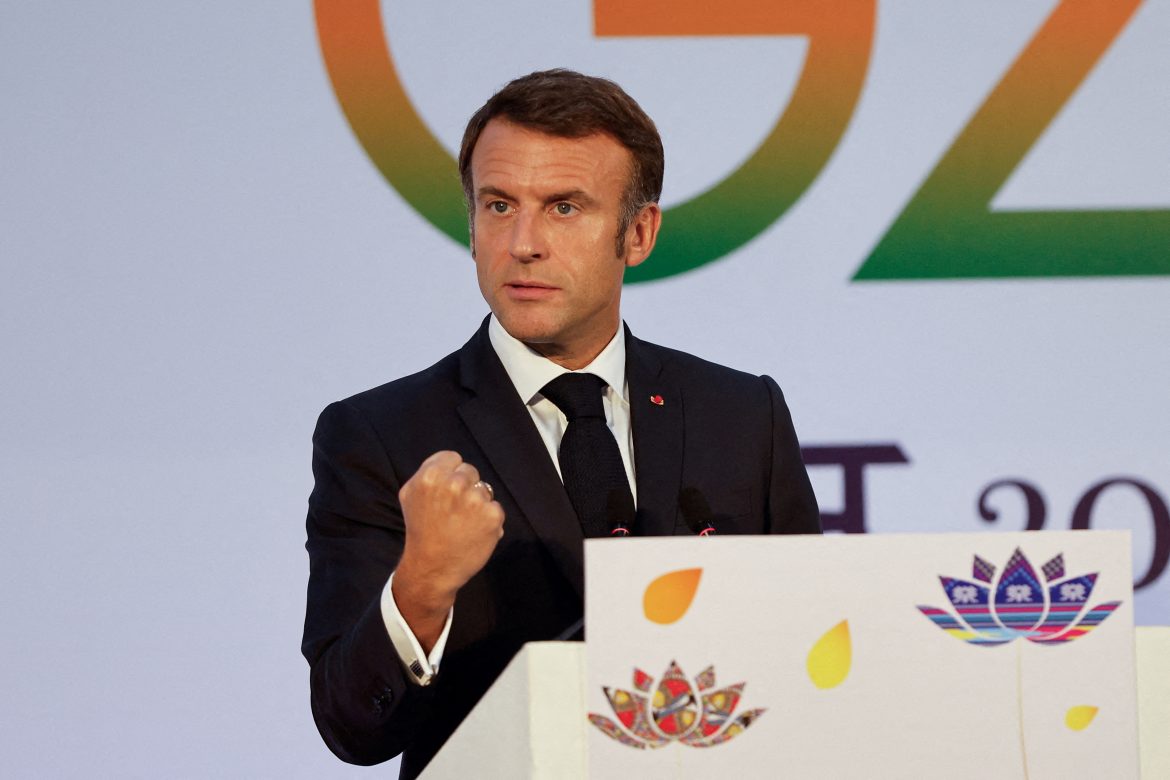France president, Emmanuel Macron has unveiled what has been described as a national “ecological plan” as part of efforts to reduce France’s greenhouse gas emissions by 55% and end the use of fossil fuels by 2030.
Speaking after a special ministerial council at the Elysée, the French president said that an extra €10bn (£8.7bn) would be put towards the 50-point programme, which he described as “ecology à la Française”.
According to him, the plan was aimed at addressing the climate crisis while ensuring that France remained competitive in agriculture and industry. It was essential, he said, that “France reduces our dependence on so-called fossil fuels, coal, petrol and gas, which we don’t produce any more but on which we depend”. The aim, he added, was to reduce this dependence from 60% to 40% by 2030.
Speaking further, he said “The priority that we have set is that by January 2027 we will have totally ended the use of coal for our electricity production,”.
Read also; IMF says Climate change poses risks to financial, price stability
He noted that other measures in the plan include the acceleration of electric car production, with brakes on gas boilers, though the president stopped short of a total ban. It also includes new projects for offshore windfarms, the opening of several electric battery factories in northern France, a map to establish where natural resources can be found in France, including hydrogen gas and essential elements for lithium batteries, and €700m state investment in the regional train network.
Companies responsible for 50 of the dirtiest industrial sites in France are to sign an agreement to reduce pollution by 45% before 2030.
The president said that the state would be taking back control of electricity prices next month. He said people would be encouraged to look at alternatives such as heat pumps, promising to triple pump production in the next three years and train 30,000 new installers.
While it was Macron who announced the plan, the office of the prime minister, Élisabeth Borne, had drawn it up after the appointment of a secretary general for ecological planning last year. Antoine Pellion was tasked with “coordinating the development of national strategies in the fields of climate, energy, biodiversity and the circular economy”.
Borne presented the plan to party leaders and ecological groups last week, several of which described it as disappointing.
“This ecological planning is the longest communication plan in history,” Marine Tondelier from Europe Écologie les Verts was quoted as saying after meeting the prime minister.
Story was adapted from the Guardian.
